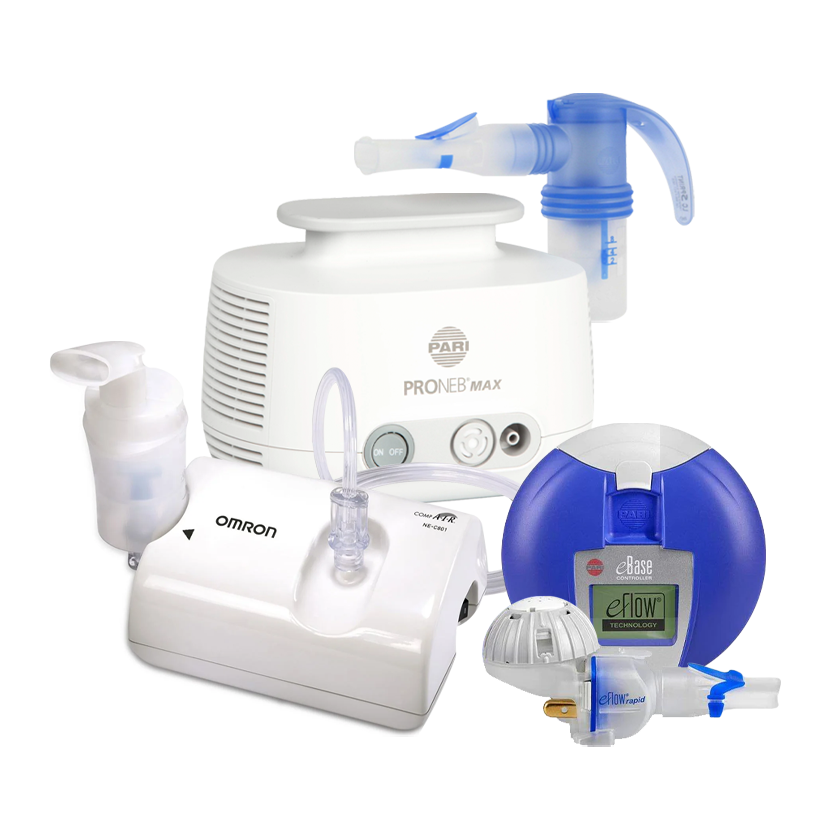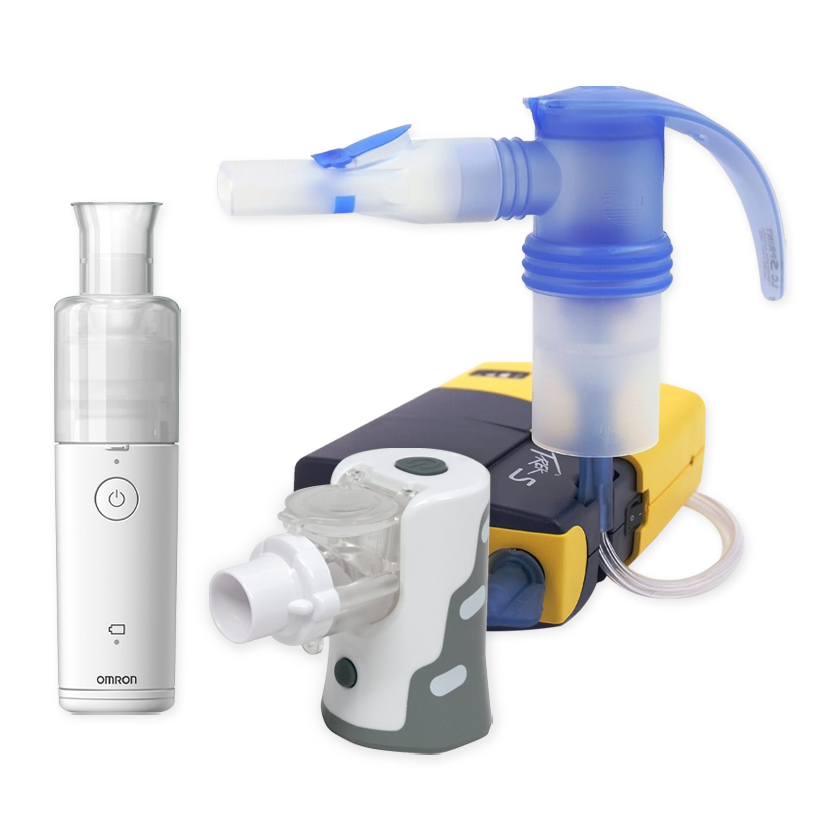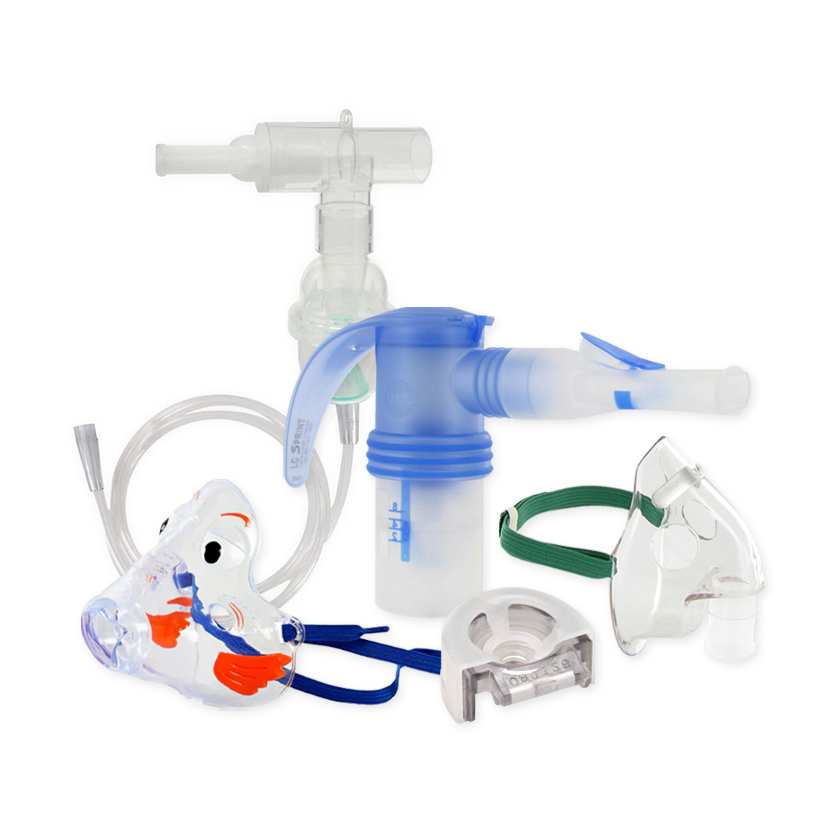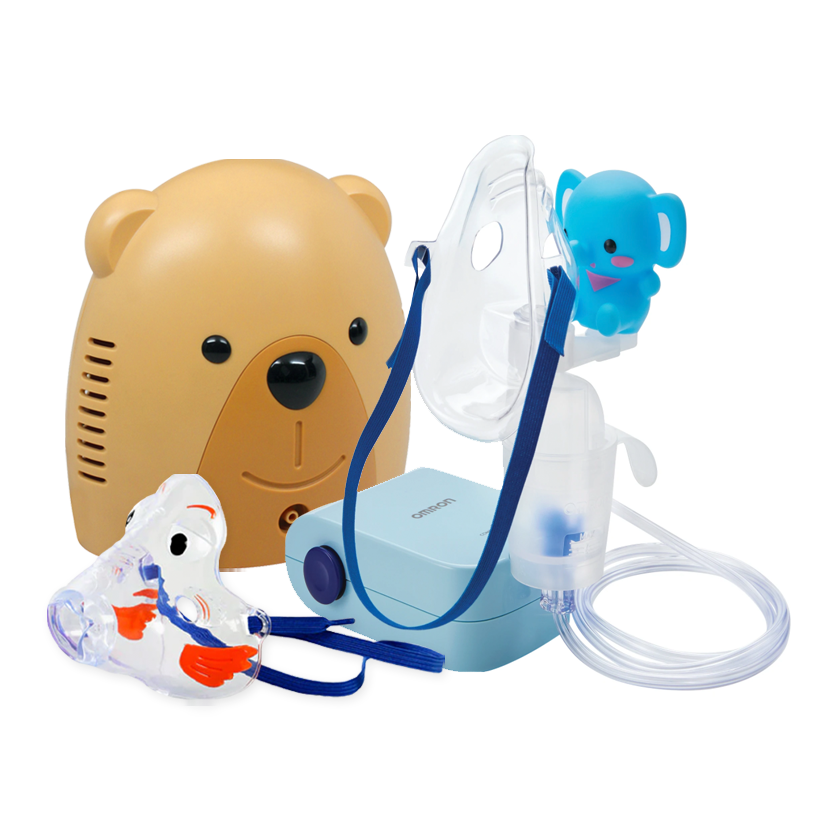Your Cart is Empty
Free Shipping on all orders over $75! Plus, free express shipping on select items.
Menu

Free Shipping on all orders over $75! Plus, free express shipping on select items.
Nebulizer Systems
Travel Nebulizers
Nebulizer Accessories
Just For Kids
Oxygen Supplies
Scientists Invent Lab-On-A-Chip Device to Diagnose Pulmonary Diseases
August 13, 2015 1 min read
When diagnosing pulmonary diseases such as asthma and tuberculosis, doctors frequently use sputum analysis. This analysis is both very important (different types of asthma require different medications) and difficult. The current process requires large samples, shipping those samples to trained operators in specialized labs, and handling of the potentially contagious specimens.
Which is why Penn State engineers along with National Heart, Lung, and Blood Institute scientists have developed a much simpler lab-on-a-chip device. The new device offers much quicker analyses that can be performed right then and there in a doctor’s office, or even by patients at home. With the press of a few buttons, the device will mix the sputum using ultrasonics, analyze it, and present a read-out of the results. Plus, the disposable part of the device which handles the contagious specimen will cost less than $1 to produce.
“This on-chip sputum liquefier is a significant advance regarding our goal of developing a… diagnostic device that will determine the type of inflammation present in the lungs of asthmatics,” said Stewart Levine, a senior investigator at the National Heart, Lung, and Blood Institute. “This will allow healthcare providers to individualize asthma treatments for each patient and advance the goal of bringing precision medicine into clinical practice.”
The device should be a big help to the approximately 25,000,000 people who live with asthma, as well as all those living in areas where tuberculosis is still a major issue.
Subscribe
Sign up to get the latest on sales, new releases and more …

NEW CUSTOMERS SAVE 10% OFF YOUR FIRST PURCHASE OF $20 OR MORE.
Code will be sent to email entered if applicable
SIGN UP FOR FUTURE SALES, NEW PRODUCTS AND ANNOUNCEMENTS
{"themeColor":"#061f77","iconColor":"#061f77","showLogo":true,"topBottomPosition":0,"rightLeftPosition":5,"iconSize":"large","iconCustomSize":64,"position":"middle-right"}



